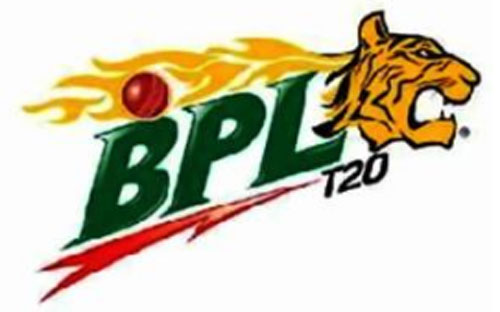 DHAKA: Cracking down on corruption in the Bangladesh Premier League, the ICC on Tuesday provisionally suspended seven unnamed individuals for match-fixing-related offences while two others were charged for failing to report “corrupt approaches” that were made to them.
DHAKA: Cracking down on corruption in the Bangladesh Premier League, the ICC on Tuesday provisionally suspended seven unnamed individuals for match-fixing-related offences while two others were charged for failing to report “corrupt approaches” that were made to them.
Refusing to divulge the names of the nine individuals, the ICC said disciplinary proceedings have been instituted against them and their identities would be revealed only after the conclusion of the entire process.
“The International Cricket Council and the Bangladesh Cricket Board today announced that following a comprehensive investigation carried out by the ICC’s Anti-Corruption and Security Unit, nine individuals have been charged with various offences that are alleged to have been committed under the BCB’s Anti-Corruption Code during the 2013 Bangladesh Premier League,” the ICC said in a statement.
“The charges relate to an alleged conspiracy within the Dhaka Gladiators franchise to engage in match-fixing and spot-fixing activity during matches in the BPL 2013, as well as failures by individuals to report approaches made to them to be involved in the conspiracy.”
Charge letters detailing the allegations have been issued to the relevant individuals. But the ICC and BCB emphasised the importance of recognising that all those charged remain innocent until proved guilty.
“Those facing the more serious fixing-related charges have been provisionally suspended and are immediately barred from participating in all cricket activities organised or recognised by the BCB, the ICC or of the ICC’s Member associations, pending resolution of the disciplinary proceedings against them,” the ICC said.
All those charged have 14 days to indicate whether they would plead guilty or defend themselves from the charges brought against them in a full hearing, which would take place before an Anti-Corruption Tribunal.
Those who plead guilty, or who deny the charges but are later found guilty by an Anti-Corruption Tribunal, would be subject to the sanctions mandated in Article 6 of the BCB’s Anti-Corruption Code, which include the impositions of a suspension of upto a lifetime for the fixing offences and between one to five years for any failure to report a corrupt approach.
The corruption scandal was unearthed by the ICC’s ACSU, which was engaged by the BCB to provide anti-corruption cover during the BPL 2013.
ICC chief executive David Richardson, lauded the work of the ACSU.
“During its investigation, the ACSU interviewed a large number of people who were involved in BPL 2013 and collected significant evidence from a number of sources that has culminated in the charges that have been brought today,” he said.
“Considering the limited resources available to the ACSU and the limitations that apply to its ability to uncover sufficient evidence to disrupt conspiracies of this kind, I am pleased that this investigation has led us to this outcome,” he added.
“Whilst we have charged some individuals with failing to report corrupt approaches that were made to them, it is important to stress that this investigation has also been built upon, among other things, evidence gathered from other individuals who not only rejected corrupt approaches made to them, but then did what they were supposed to do, and reported them to the ACSU.”
The BCB president Nazmul Hassan reiterated his commitment to protect the reputation of the sport in Bangladesh.
“As the custodians of the sport in Bangladesh, it is the responsibility of the BCB to protect its integrity for all those who engage in any way with the sport of cricket, whether players, spectators, broadcasters, sponsors or otherwise,” he said.
“The BCB is committed to doing everything possible to defend it from the very small group of people who are willing to compromise the values of the overwhelming majority for personal greed and, in so doing, bring disgrace upon themselves and their associates, as well as tarnishing the image of the game,” he added.
